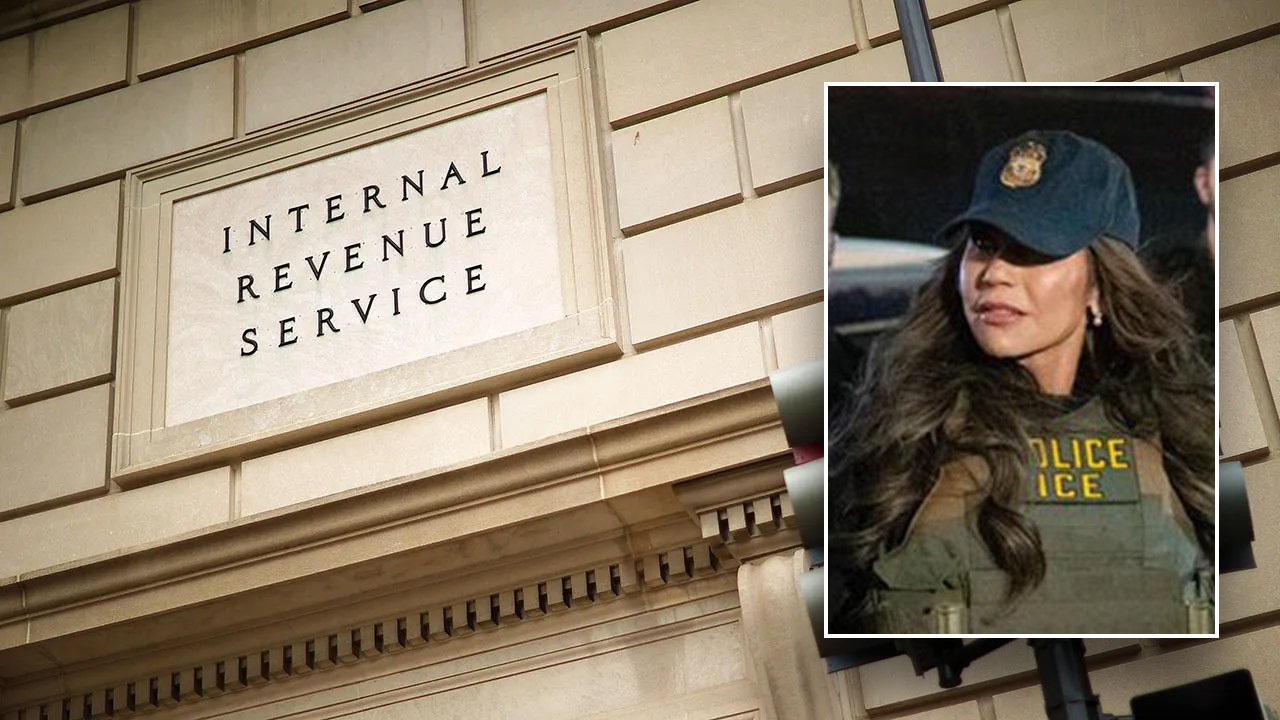‘I think if the talks aren’t successful with Iran, I think Iran is going to be in great danger’
The United States and Iran will hold direct discussions on Tehran’s contested nuclear weapons program this weekend, President Donald Trump announced on Monday, just hours after the Islamic Republic affirmed that one-on-one negotiations with America remain off limits. If the talks fail, “Iran is going to be in great danger,” Trump said.
The surprise announcement came during a Monday afternoon press conference in the Oval Office with Israeli prime minister Benjamin Netanyahu, who is in town to discuss Iran’s nuclear program and ongoing efforts to free the hostages still being held by Hamas, Tehran’s top terror proxy.
“We have a very big meeting on Saturday, and we’re dealing with them directly,” Trump said. “We are meeting, very importantly, on Saturday at almost the highest level.”
While Trump declined to provide further details about the meeting, including who exactly will participate from each side, he confirmed for the first time publicly that a diplomatic session will unfold this weekend without an intermediary. Tehran had placed preconditions on the talks earlier in the day, insisting that Oman act as a go-between until the United States can offer concessions that would spur Iran to sit down for direct negotiations.
Trump expressed optimism that a diplomatic deal can be reached with the hardline regime but said negotiations will not continue indefinitely and that military options remain on the table.
“I think everybody agrees that doing a deal would be preferable to doing the obvious, and the obvious is not something that I want to be involved with, or, frankly, that Israel wants to be involved with, if they can avoid it,” Trump said while sitting beside the Israeli leader. “So we’re going to see if we can avoid it, but it’s getting to be very dangerous territory.”
“I think if the talks aren’t successful with Iran,” Trump added, “I think Iran is going to be in great danger.”
Earlier in the day, Iran’s foreign ministry confirmed that it had responded to a March letter from Trump requesting diplomatic talks. In that response, Tehran submitted an “offer to begin indirect talks,” according to foreign ministry spokesman Esmaeil Baghaei.
An Iranian official told Reuters on Monday morning that “indirect talks offer a chance to evaluate Washington’s seriousness about a political solution with Iran.”
In separate comments, Iranian president Masoud Pezeshkian said his country is “looking for negotiations” but would not enter them directly “at any cost.” The Americans, he said, “must also prove that they are looking for negotiations.”
Responding to Iran’s comments, a White House National Security Council spokesman told the Washington Free Beacon shortly before Trump’s presser with Netanyahu that the president insists on the “need for direct diplomatic talks with the Iranian regime.”
Trump, the spokesman said, “prefers diplomatic means to ensure Iran ends its nuclear ambitions but will consider all options to achieve that goal.”
Iran did not immediately respond to Trump’s announcement that direct talks will occur this weekend, though rumors have been circulating for weeks that détente between the sides will take place.
Amid the push for diplomacy, Iran continues to threaten military action if the United States moves forward with an attack on its nuclear sites. The hardline regime reportedly informed its regional neighbors—including Iraq, Kuwait, the United Arab Emirates, Qatar, Turkey, and Bahrain—that if they assist with a U.S. strike, Tehran will retaliate in kind.
Netanyahu said during the Monday press conference that Iran’s nuclear program remained a top agenda item during private discussions with Trump.
“We’re both united in the goal that Iran does not ever get nuclear weapons. If it could be done diplomatically in a full way … I think that would be a good thing,” Netanyahu said. “But whatever happens, we have to make sure that Iran does not have nuclear weapons.”
The Israeli prime minister also said that talks are underway to secure a fresh hostage deal with Hamas, even as military operations in Gaza continue. Israel restarted its war effort in late March, after Hamas declined to extend a fragile ceasefire deal that would have seen the remaining Israeli hostages freed from captivity. Hamas fired a bevy of missiles at Israel’s southern communities on Sunday, as Netanyahu was on his way to Washington.
“We’re working now on another deal that we hope will succeed, and we’re committed to getting all the hostages out, but also eliminating the evil chairman of Hamas in Gaza, and enabling the people of Gaza to freely make a choice to go wherever they want,” Netanyahu said.
Read the full article here









